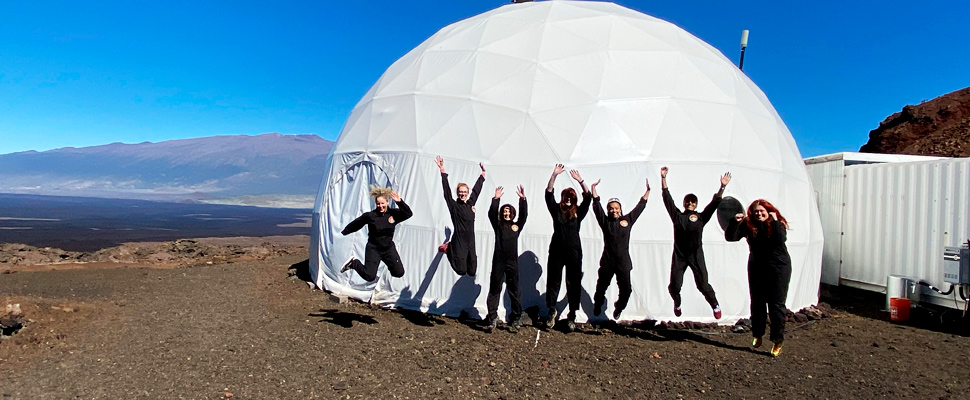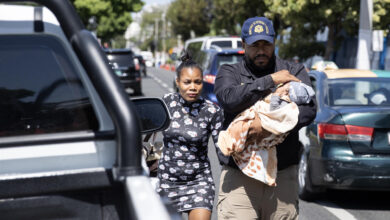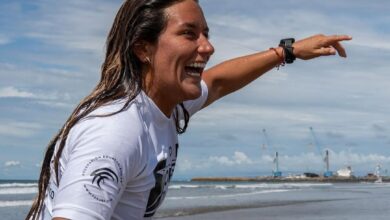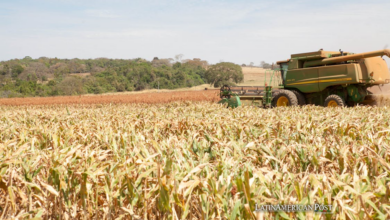All-female crew returned to earth from ‘Mars’
The mission, known as Sensoria I, is part of the Sensoria project, which aims to uplift and support women in science.

The Sensoria crew jumps for joy before entering the mock Martian habitat on Jan. 4, 2020. / Photo: SENSORY Program
The Woman Post | Luisa Fernanda Báez Toro
Listen to this article
Leer en español: Tripulación totalmente femenina regresó a la tierra desde ‘Marte’
On January 4, 2020, an all-female crew that included J.J. Hastings, Erin Bonilla, Adriana Blachowicz, Makiah Eustice, Sian Proctor, and Maraia Hoffman, entered the Hawaii Space Exploration Analog and Simulation (HI-SEAS) habitat, an analog Mars base for human researchers located on a remote slope of the Mauna Loa volcano.
According to Space, the six women “returned to earth”, after a two-week mission, on Saturday, January 18, emerging from the habitat through an airlock and completing the simulation.
During those two weeks, the female researchers explored “Martian” surfaces, developing new non-verbal methods of communication, fermenting foods, exploring new technologies, working on sustainable hydrogels, illustrating, among many other things.
According to Space, this mission is part of the Sensoria project, a bigger initiative that aims to include a series of missions all lead by women and with a women majority, according to J.J. Hastings.
"While future Sensoria missions will welcome male researchers as well, we believe that women need to be placed at the center of our shared vision for space exploration, that women need to be given a platform for professional development, opportunities for research and training”, said Hasting, a bioengineer and the commander of Sensoria I.
Read also: WOMEN IN LEADERSHIP POSITIONS FACE MORE SEXUAL HARASSMENT
According to Hastings, the success of the mission will help inform the future of the program, as well as other upcoming Sensoria projects.
However, it is important to highlight that this is not the first all-woman Mars analog mission, the title belongs to the Mars Society's Mars Desert Research Station in Utah in 2005 and 2006.
Sensoria has partnered with Sally Ride Science, which is a nonprofit organization that aims to support young women in science. As read on Space.com, one of the biggest goals of this project is to connect and uplift women in the space sector in order to support their professional development.
Hasting said that for these six women, this opportunity left them “with grander visions of how to work together and really transform the space sector."
"What I find extraordinary is, as opposed to maybe a group of individuals who come in to endure two weeks together and move on, we've grown that much closer, which to me gives strength to the rationale behind the Sensoria program to really bring incredibly talented, intelligent, extraordinary professionals in the space sector together to form even grander plans together," she added.




